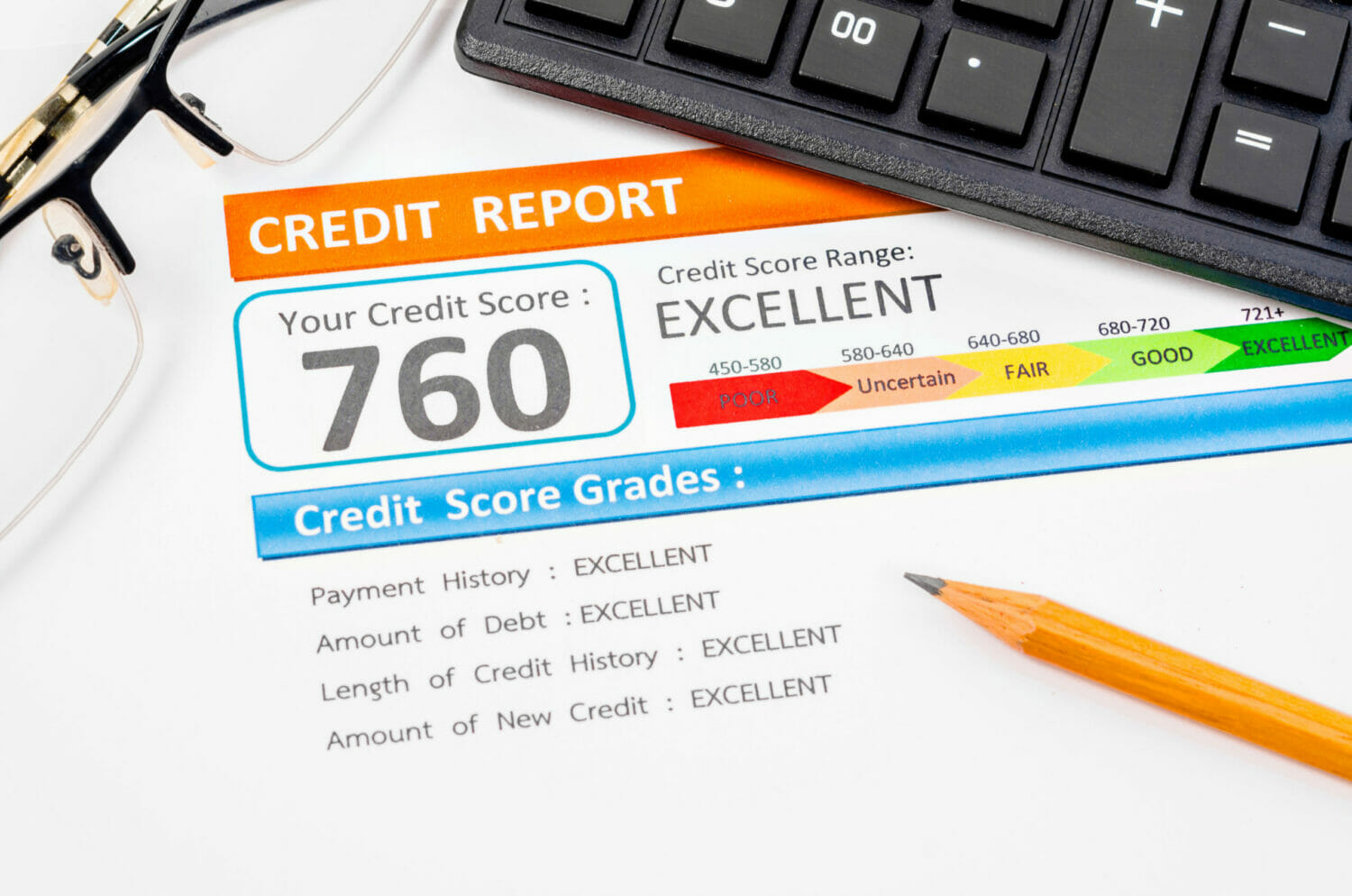Keen to get started on building your financial footprint as a new immigrant to the United States? Follow our helpful guide to find out everything you need to know about your U.S. credit score and how to secure your first bank account, debit card, and credit card in the United States.
What is a US credit score?
Your US credit score is a number from 300-850 that defines your creditworthiness to potential lenders — in other words, how likely it is that you’ll be able to pay back the money you borrow. The lower the number is, the more you may struggle to get credit in the United States. The higher the number is, the better you look to banks, credit card companies, and other organizations such as car rental firms and letting agents.
According to credit company Equifax, a score between 580 and 669 is generally considered ‘fair’, a score between 670 and 739 is generally ‘good’, 740 to 799 is considered ‘very good’, and anything above 800 is ‘excellent’.
Credit agencies tend to use subtly different models for calculating your score, but generally the number is based on your financial history in the United States, which can include bank accounts, phone contracts, and any money you’ve borrowed and/or paid back.
Why do I need a U.S. credit score?
There are countless benefits to having a good credit score in the United States. Here are just a few of them:
- Easier approval for rental houses and apartments — many landlords are using credit scores as part of their tenant screening process
- Be eligible for phone contracts and deals — without paying hefty security deposits
- Get a better chance and higher amounts for loan and credit card approvals
- Get cheaper home and car insurance
In summary: it really does pay to start building credit in the United States as soon as you can, even before obtaining permanent residency.
Do I already have a credit score?

If you’ve only just arrived in the United States, you’re unlikely to have a credit history at all, which can pose issues to some lenders who want to verify how trustworthy you are. The good news is that no credit is not the same as bad credit, so as soon as you start building a financial footprint, you’re on your way to building a good or excellent credit score.
If you want to find out what your U.S. credit score is (or whether you even have one!), you can check directly with credit bureaus such as Experian, Equifax, and TransUnion, or use a third-party credit checker online.
NOTE: If you’re new to the United States and don’t have any credit history in the country, it may take at least three months before your score can be calculated.
How do I build my credit?
Since your credit score is based on your financial history, the best way to improve your credit score is to start creating a financial paper trail in the United States. An ideal way to do this is by getting a debit card, credit card, and/or bank account for foreigners.
Once you’ve got access to some form of credit — whether that’s an overdraft with your banking provider or a credit card — make sure you borrow responsibly and make repayments on time, every time. A year of regular account use and regular payments can vastly improve your credit, but issues with late payments could negatively affect your score.
Getting a bank account and debit card in the United States

To open a bank account with a debit card in the United States, you’ll generally need the following information and documentation:
· A valid passport or drivers’ license
· Your U.S. visa or green card
· A U.S. residential address
· A Social Security Number (SSN) or ITIN (Individual Taxpayer Identification Number)
· An initial deposit
With so many banks asking for an SSN, opening an account can be incredibly tricky for non-US citizens, making it an uphill struggle to start building credit in the first place. Luckily, though, this problem can be overcome by looking for a bank account for foreigners that offers more flexible rules.
Some of these may still require an ITIN — the number you get as a U.S. taxpayer — which can once again be difficult to get hold of, especially for international students. Others may simply require you to prove your identity and legal residence in the United States, which can be an ideal option for new migrants who want to start building their credit from day one.
Securing credit in the United States
Getting hold of a credit card as a foreigner can involve even more hurdles than applying for a bank account since most credit card companies will insist on some form of credit check as well as an SSN. To apply, you’ll probably need to supply information on your earnings and employment status, as well as personal information such as a U.S. address, name, date of birth, and details of your current citizenship.
To get around these barriers, it can be a good idea to apply for a secured credit card for foreigners, which will allow you to build your credit even if you have limited financial history in the United States.
What is a secured credit card?

A secured credit card is a credit card that requires a security deposit before you can spend on it — hence the ‘secured’ part! Once you’ve been accepted for an account, you’ll need to deposit a certain amount of collateral which is likely to be set by your credit card provider, and could be anywhere between $200 and $2000. The amount you can borrow on the card is the same as the amount of the deposit, meaning lenders’ funds are protected if you fail to pay back the money.
Since secured credit cards are aimed at credit builders, some providers will allow you to switch to an unsecured card if you pay off your balance regularly and on time for a certain number of months. This type of card can be an ideal credit card for foreigners as it offers a means of building your US credit score while also providing a path to accessing unsecured credit in the longer term.
TOP TIP: If your credit card provider allows you to set your own secured limit, ensure you choose an amount you’ll realistically be able to pay back. Opting for a lower limit sets you up for success, helping you build your credit score for the future.
Preferred Banking Partner: Sable Card
Boundless recommends Sable Card as an ideal bank account and credit card for foreigners due to its easy application process, which can be completed online in five minutes with no SSN, ITIN, or credit checks required.
With Sable Card, internationals can get a bank account, debit card and secured credit card, as well as accessing a range of perks and rewards such as cashback, free car rental, and phone insurance, zero liability, and extended warranty on purchases. They also have a “zero fee” promise, meaning zero account fees on base products, zero ATM withdrawal fees, zero overdraft and late fees, and zero fees on international money transfers.
Check out some of the other great companies Boundless has partnered with to bring better solutions to our customers.